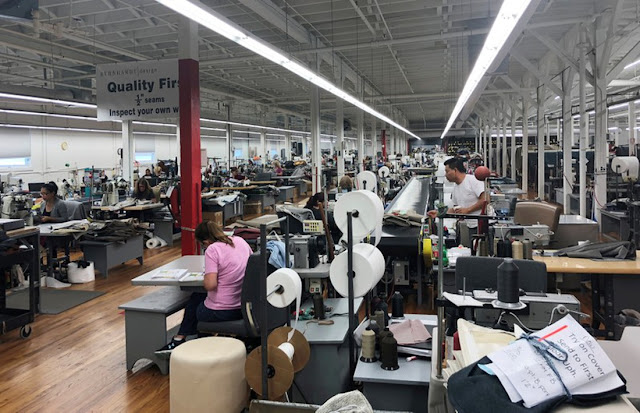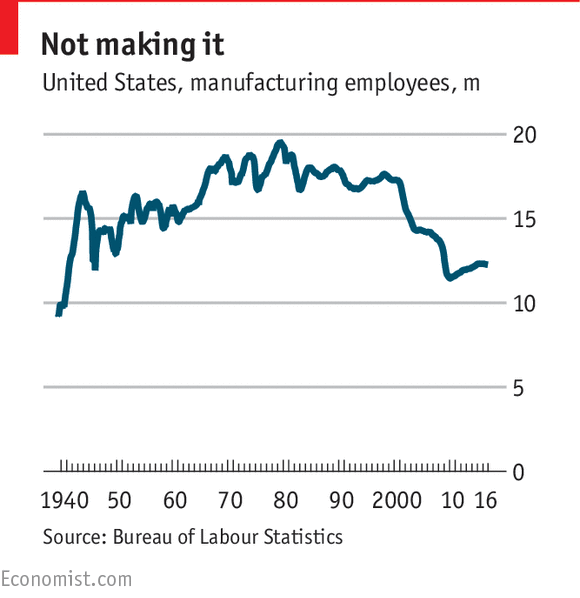
Rakuten Trade: Fully Online Trading Platforms
Rakuten Trade is Malaysia’s first digital equities broker
Investors can now open an account within two hours, top up available funds via bank transfer, trade instantly and have access to real time market price feeds – all the functions of a traditional broker except it is completely online.
If you are ready to start investing, it’s pretty simple to get going. Ordinarily, you would need to engage a licensed broker to buy and sell stocks. But not with Rakuten Trade, which has been operating in Malaysia for more than a year as the country’s first fully digital equities broker. 

Rakuten Trade Sdn Bhd, a joint venture company of Kenanga Investment Bank Bhd and Japan’s Rakuten Securities Inc, was named fintech company of the year at the Malaysia FinTech Awards 2018 in March.
Rakuten Trade has already activated more than 18,000 accounts on its platform of which more than 70% of the account holders are below the age of 40.
“Rakuten Trade has become popular with investors especially first-timers to the equity broking market, which make up 46% of the total client base,” says Rakuten Trade managing director Kaoru Arai.
“Our all-in-one seamless trading platform makes it appealing to this new breed of investors who are more digitally inclined and prefer to execute their trading ideas end-to-end on their own.”
How Rakuten Trade works
The Rakuten Trade business model is premised on six value propositions that are complemented by aggressive marketing efforts that combine local insights with Japan’s best practices.
Its value propositions are as follows:
Online account opening and approval within two hours
> No hardcopy paperwork required.
> No physical visit to the branch.
> Credit/debit card part of the verification process.
> Mobile-friendly account opening page.
Japanese cutting edge mobile trading platform
> Unique platform compared to existing brokers’ mobile trading sites.
> Indices and stock prices are available for free and are not exclusive only to Rakuten Trade customers.
> Additional features available exclusively for Rakuten Trade customers.
Competitive brokerage rates
> The lowest brokerage rates in town.
Financial information
> Research reports derived from the Rakuten Trade research team.
> Hot picks for the week presented in easy to understand formats.
> Short and to the point in the form of a one-page report or 30-second YouTube video.
> Market information available to all (delayed) and live market feeds for Rakuten Trade customers (powered by Thomson Reuter).
Investor awareness and knowledge resource platform
> Knowledge and trading ideas are shared through our seminars, webinars, social influencers.
Rewards ecosystem
> Rakuten Trade customers will be rewarded with RT points that can be converted into points from Malaysia’s top three leading loyalty providers.
> First of its kind in Malaysia to successfully combine AirAsia BIG, B Infinite by Berjaya Group and BonusLink under one umbrella.
Choice of account
Rakuten Trade currently offers investors the choice of two accounts – Cash Upfront and/or Contra Account.
Cash account
> Allows you to trade based on available cash now.
> You will always know your actual cash/portfolio position.
> Available cash balance will earn 2.5% interest per annum.
Contra account
> Allows you to trade more than the money you have in your account.
> Maximises your trading exposure by offering shares as collateral.
> Available cash balance will earn 2.5% interest per annum.
> Settlement of transaction within three days after the transaction (T+3).
If you already purchase airline tickets, electronic gadgets, clothes or even groceries online without any physical intervention, why not trade online?
To learn more about trading online, go to www.rakutentrade.my
Source: TheStaronline


 https://youtu.be/OCk4VkAKKFc
https://youtu.be/OCk4VkAKKFc 




